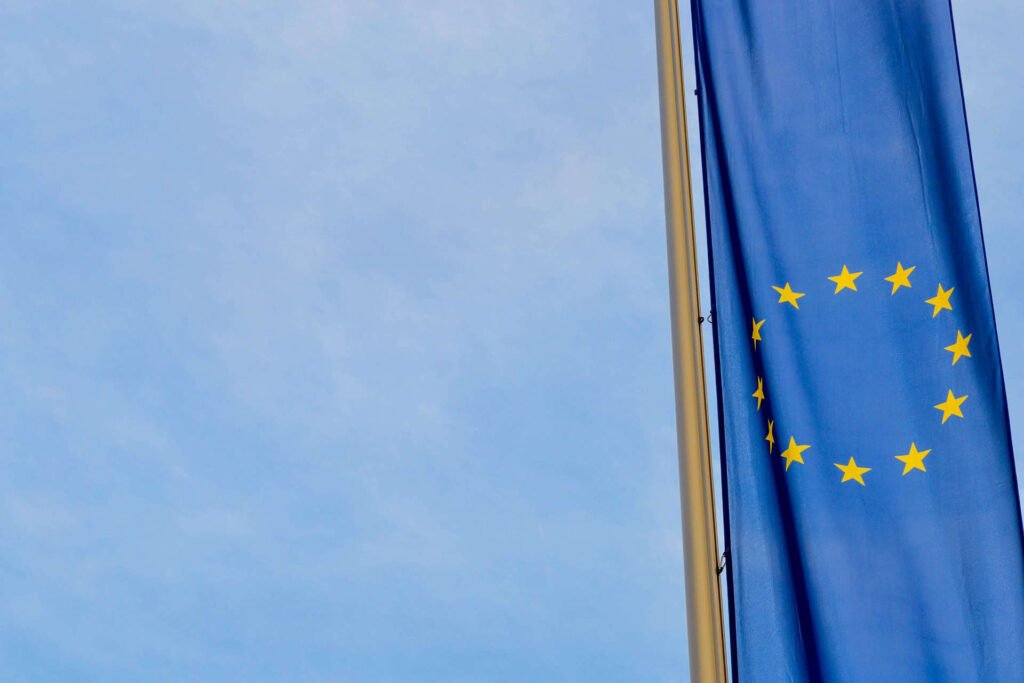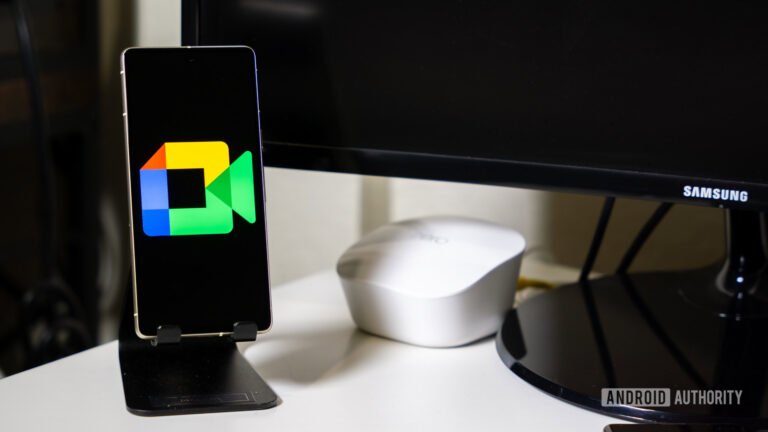

In this day and age, we’re living more connected to each other than before. Companies and countries are relying on each other more so than ever, and that makes sense. Some countries have industries that do things better or more affordably than home, so trading with them is a smart play. However, in recent years, these connections are being politicized. This includes moves by the US government to impose tariffs on goods imported into the country. So it doesn’t come as a surprise that the EU has announced a $1.1 billion plan to invest more into AI to reduce its reliance on other nations.
EU introduces $1.1 billion AI investment plan
The European Commission unveiled its “Apply AI” strategy, allocating €1 billion (~$1.1 billion) to speed up AI adoption across 10 key sectors. These include healthcare, energy, manufacturing, defense, and agri-food. The EU AI billion initiative draws funding from existing programs like Horizon Europe and Digital Europe, while encouraging member states and private companies to contribute matching investments.
Commission President Ursula von der Leyen emphasized that Europe wants the future of AI made locally, not imported. Currently, only 13% of European businesses use AI. The goal is to push that number to 75% by 2030. Specific actions include establishing AI-powered healthcare screening centers and developing autonomous AI technologies for manufacturing and pharmaceuticals.
The EU Commission President was quoted as saying, “I want the future of AI to be made in Europe. AI adoption needs to be widespread, and with these strategies, we will help speed up the process. We will drive this ‘AI first’ mindset across all our key sectors, from robotics to healthcare, energy and automotive.”
Following in the US footsteps
The EU isn’t alone in this push for tech independence. The US has been reducing its reliance on China through tariffs and restrictions on semiconductor exports. American policymakers have prioritized domestic chip manufacturing and AI development to maintain global competitiveness.
We’ve already seen this in action. The Trump administration announced 100% tariffs on semiconductors imported into the US. However, companies will be exempt if they demonstrate their willingness to set up shop in the US. This has resulted in several companies, such as Samsung and TSMC, to increase their investment and presence stateside.
The post EU Unveils $1.1 Billion AI Plan to Boost Local Innovation appeared first on Android Headlines.


